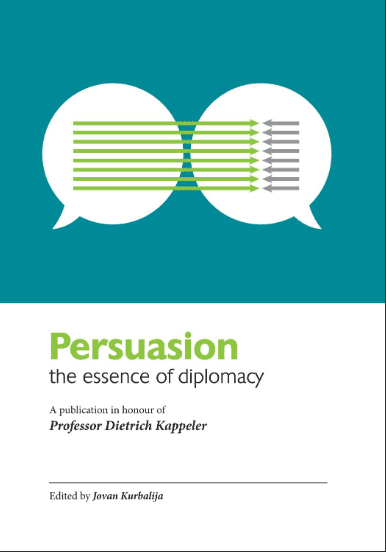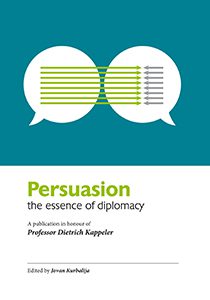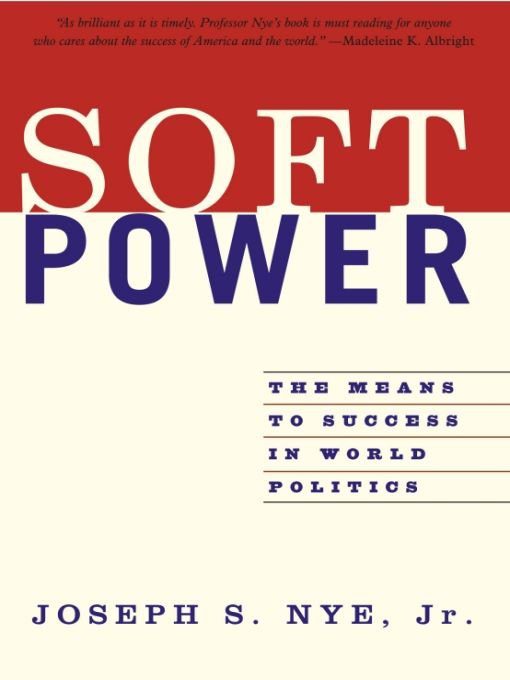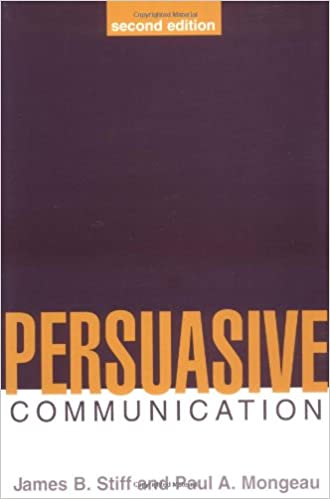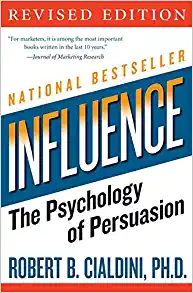When dealing with people, remember you are not dealing with creatures of logic, but with creatures of emotion, creatures with prejudice and motivated by pride and vanity.
Dale Carnegie
Throughout its history, humankind has been motivated to war, terrorism, ethnic cleansing, genocide, racist hysteria, religious intolerance and extremism, mass suicide and many other forms of irrational and pathological behaviour. The problem arises as Milan Kundera defines it, when we ask that terrible anthropological question – ‘What are people capable of’?
In order to give answers to why these atypical behaviors occur, and to understand the motivation behind people’s social or political behavior, we need to tap into the fields of social and political psychology.
Social psychology is defined as ‘the scientific study of the ways that people’s behavior and mental processes are shaped by the real or imagined presence of others’.[i] Social psychologists emphasise the core observation that human behavior is a function of both the person and the situation. Accordingly, each and every individual contributes and expresses a set of distinctive personal attributes to a given situation. However, each specific situation also brings a unique set of forces to bear on an individual, compelling him or her to act in different ways in different situations. Research has proven that circumstances are more a power determinant of individual behavior than our own intuitions lead us to believe. Finally, people tend not to simply react to the objective characteristics of situation, but rather to their own personal versions of them.
The field of social psychology research may be divided into two distinct fields: one dealing with the impact that social surroundings may have on an individual’s behaviour and mental processes; and a second which studies the impact of social influence upon the individual. A better understanding of these two broad fields of social psychology may grant us insight into the behavioural fissures that occur among and within people who, ultimately as imperfect information processors, may be persuaded to violate their own rationality, beliefs, values, and emotions. According to Robert V. Levine, it is ‘psychological disarmament’ that ‘often sets the stage for persuasion’.[ii]
Power of situations – theories
Deindividuation
Gustav Le Bon, in his work The Crowd, observed that deindividuation when observed through the behavioural patterns exhibited by lynch mobs tends to assume not only the aggressive and immoral dynamic, but it is also viral in its spread, where the individual capability to resist it is incapacitated by its capability to subdue individual’s moral sense of right and wrong, and a complete loss of individual’s sense of self-control. According to Le Bon, such breakdowns tend to cause crowds to commit destructive acts that few individuals would commit when acting alone (i.e. ‘the crowd is always intellectually inferior to the isolated individual’)[iii]
The two main features that may induce deindividuation are group size and anonymity. The central idea within deindividuation is that:
certain group situations can minimize the salience of people’s personal identities, reduce their sense of public accountability, and in doing so produce aggressive and unusual behaviour.[iv]
Examples where deindividuation can be observed are political rallies, union strikes, parades, and sport events.
Cognitive dissonance
Leon Festinger defines cognitive dissonance theory as an impetus toward attaining a cognitive consistency and certainty. Cognitive dissonance implies a state in which two cognitions or thoughts are in conflict with one another, or are somewhat inconsistent with one another, which will lead the individual to feel discomfort. The sensation of discomfort in turn will induce the individual to remove the inconsistency causing him or her discomfort, and seek to balance the cognitions until a harmonious state is reached.
The aim of cognitive dissonance theory is to draw attention to attitude-behaviour discrepancies and inconsistencies that run opposed to one’s mindset (i.e. the discomfort we feel by any discrepancy that awakens questions in us about what we do versus what we believe). For example, one attitude-behaviour discrepancies is hypocrisy – e.g. the fundamentalist preacher who frequents strip bars or the self-confessed ultra-nationalist who avoids military service.
Ideological justification
Stanley Milgram succinctly observed that in certain occasions the division of labour in a society demands that individuals willingly subordinate their independent actions to serve the greater good of the larger community. However, in order to understand this call to obedience in a particular situation, we need to grasp what motivates the individual’s acceptance of an ideology. According to Milgram, ideology is ‘a set of beliefs and attitudes that legitimates the authority of the person in charge and justifies following his or her directives’[v].
Examples of ideological justification are many; one of the most quoted pertains to the 9/11 attacks on the World Trade Center in New York. We may ask what motivated the extremists to hijack the airplanes and commit such an act? One of the answers or possible interpretation could be found in the fact that the extremists who become suicide hijackers believe that through such an act they would earn their place in paradise. By fulfilling the directives of Osama bin Laden, hijackers would become martyrs, which would automatically earn them a place in heaven.
Another question we may ask is why people adopt a particular ideology? In part, we may say that people choose to accept certain ideology because essentially those particular belief systems help them meet their psychological needs, but also it helps them understand; predict and possibly rationalise their current societal arrangements; and even realise potential alternatives to those arrangements.
Endnotes
[i] Smith EE, Nolen-Hoeksema S, Fredrickson BL, Loftus GR, Bem DJ, Maren S (2003) Atkinson & Hilgard’s Introduction to Psychology, 14th Edition., USA: Thomson-Wadsworth. p 606.
[ii] Levine RV (2003) The Power of Persuasion – How We’re Bought and Sold.Hoeboken, NJ: John Wiley & Sons Inc. p 8.
[iii] Smith et al. (2003) op. cit. p 608.
[iv] Ibid. p 608.
[v] Ibid. p. 623.
